
Washington DC: Wallpaper* City Guide
Travel and Lifestyle
App
Wallpaper* City Guide apps present a succinct, tightly edited selection of the best a location has...

Show My Fake Location - share your fake location anywhere on the map with friends
Entertainment and Navigation
App
Show My Fake Location lets you play funny pranks on your friends/families by sharing fictitious...

Ho Chi Minh City: Wallpaper* City Guide
Travel and Lifestyle
App
Wallpaper* City Guide apps present a succinct, tightly edited selection of the best a location has...

City Racing 3D
Games and Entertainment
App
#1 Free Physics 3D Car Racing game Proudly Presented! Bring fast driving experience to a whole new...

Boston Subway Map - The T
Navigation and Travel
App
Here's a simple, reliable, ad free Boston MBTA map known locally not as the Boston Subway, but as...
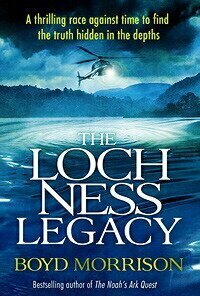
The Loch Ness Legacy (Tyler Locke #4)
Book
During a trek to Loch Ness, Scotland, a young Charles Darwin encounters a mysterious and terrifying...
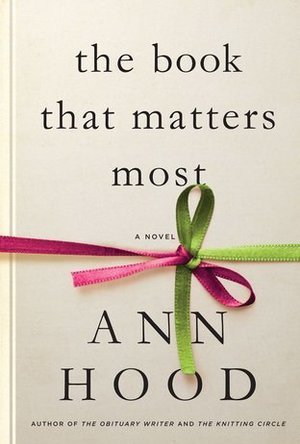
The Book That Matters Most
Book
An enthralling novel about love, loss, secrets, friendship, and the healing power of literature, by...
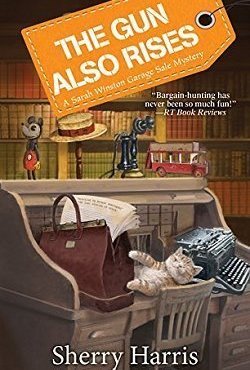
The Gun Also Rises
Book
TO RECOVER A PRICELESS MANUSCRIPT . . . A wealthy widow has asked Sarah Winston to sell her...
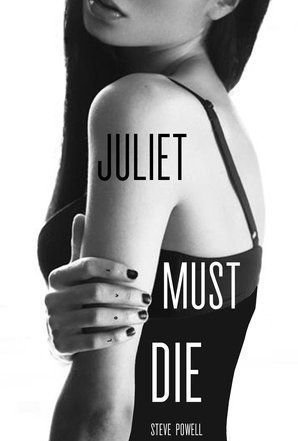
Juliet Must Die
Book
They killed her because she got in the way. But they should have made sure she was dead. Born...
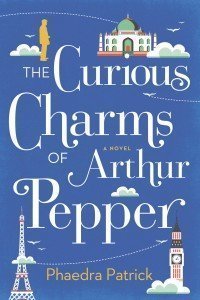
The Curious Charms Of Arthur Pepper
Book
Sixty-nine-year-old Arthur Pepper lives a simple life. He gets out of bed at precisely 7:30 a.m.,...